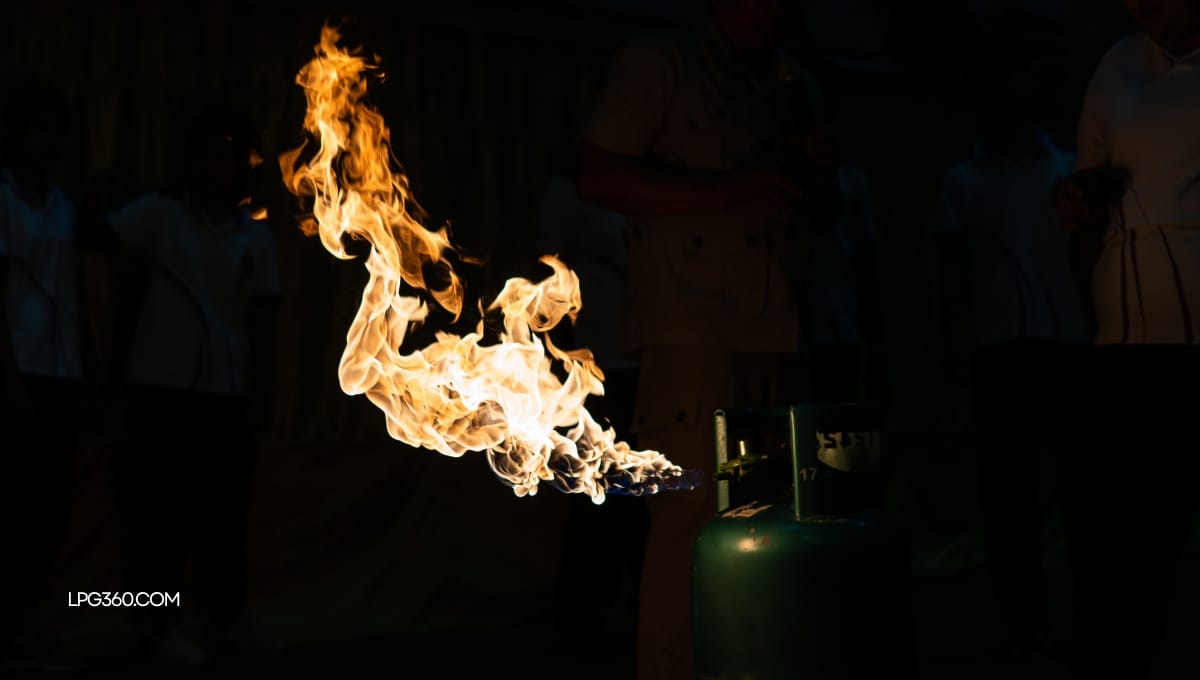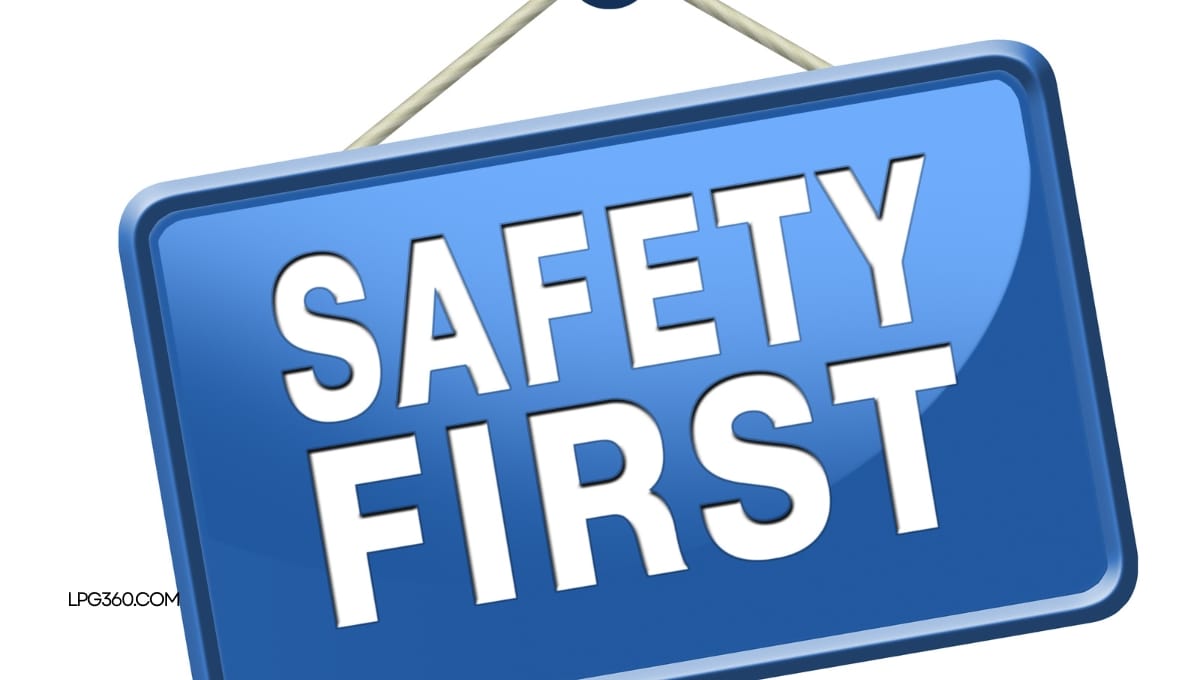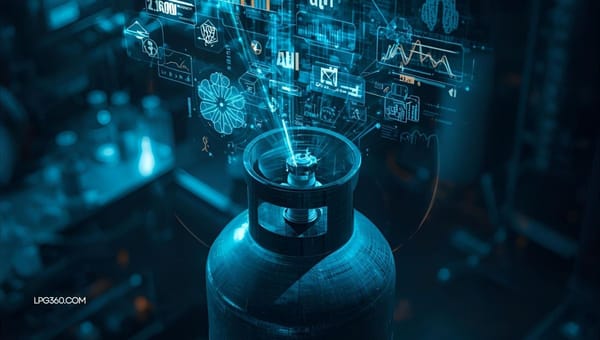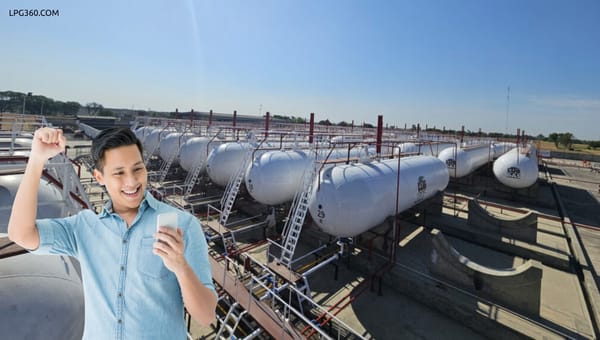The Oyoko LPG Explosion: A Stark Reminder of Gas Safety Imperatives

The recent news from Oyoko, a suburb within the New Juaben North Municipality, serves as a somber yet vital lesson for all users of Liquefied Petroleum Gas (LPG). The tragic incident, an explosion resulting in the loss of a life and critical injuries to two others, underscores the inherent dangers associated with LPG if not handled with utmost care and adherence to safety protocols. This event must serve as a catalyst for heightened awareness and the adoption of stringent safety measures across communities.
The Tragic Incident in Oyoko
According to reports, the explosion occurred after a gas leak was detected in the kitchen. In an attempt to locate the source of the leak, a match was lit, inadvertently triggering the blast. This seemingly innocuous action in a kitchen filled with leaked gas led to a devastating blast, highlighting the critical importance of understanding how easily LPG can ignite. The aftermath serves as a painful reminder of the destructive power of uncontrolled gas leaks.
Crucial First Response to Gas Leaks
From this unfortunate incident in Oyoko, several key lessons and crucial safety measures emerge, as detailed in the provided information. Firstly, the immediate response to a detected gas leak is paramount. Under no circumstances should any ignition source be introduced to the area. This includes matches, candles, and even electrical switches, as the slightest spark can have catastrophic consequences. Instead, the immediate priority should be to ventilate the area thoroughly by opening all doors and windows to allow the accumulated gas to disperse safely. Following ventilation, the next crucial step is to shut off the gas supply at the main valve to prevent further leakage. These immediate actions can significantly mitigate the risk of an explosion.
The Importance of Regular Maintenance
Beyond immediate responses, regular maintenance and inspection of LPG equipment are essential. This includes periodic checks of gas cylinders, hoses, and connections for any signs of wear and tear. It is also crucial to engage certified professionals for routine servicing and to address any detected issues promptly. Neglecting maintenance can lead to undetected leaks and potential hazards.
Public Education and Awareness Initiatives
Furthermore, the Oyoko explosion underscores the vital role of public education and awareness regarding LPG safety. Community workshops and educational programs can play a significant role in disseminating knowledge about safe LPG usage and emergency response protocols. Utilizing media platforms to spread awareness about safety measures and best practices is equally important in reaching a wider audience. Empowering individuals with the right knowledge can significantly reduce the likelihood of similar incidents.
Emergency Preparedness: A Collective Responsibility
Finally, emergency preparedness is not just the responsibility of authorities but also of individual households and communities. Developing clear emergency response plans and ensuring that emergency service numbers are easily accessible to all household members can make a critical difference in the event of a gas leak or other emergency. Knowing what to do and who to contact in a crisis can save lives and minimize damage.

Conclusion: Mitigating Risks through Vigilance
In conclusion, the tragic LPG explosion in Oyoko is a stark reminder of the potential dangers associated with this widely used energy source. However, by diligently adhering to stringent safety measures, prioritizing regular maintenance, fostering widespread public awareness, and ensuring emergency preparedness, we can significantly mitigate the risks and safeguard our communities from similar devastating events. Let the lessons learned from Oyoko serve as a call to action for greater vigilance and responsibility in LPG handling.
#LPG #LPG360 #LPGsafety #GasExplosion #Oyoko #SafetyFirst #PublicAwareness #EmergencyResponse #GasLeak #PreventAccidents #HomeSafety #CommunitySafety #SafetyMeasures #LPGhandling #GasCylinder #Maintenance #Inspection #SafetyTraining #RiskMitigation #BeAware #StaySafe #LessonsLearned #LPGNews #Update







